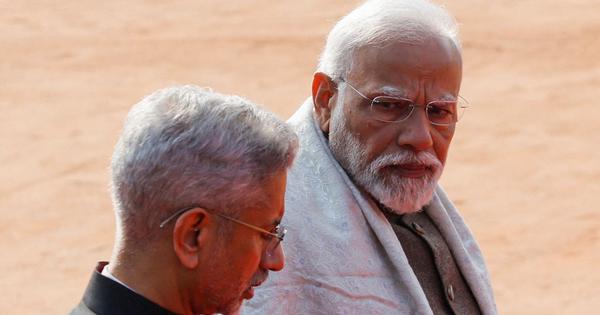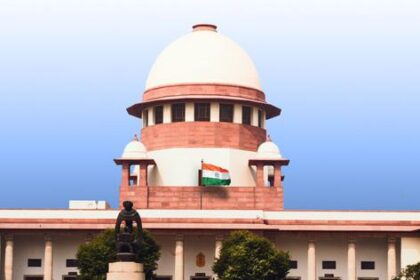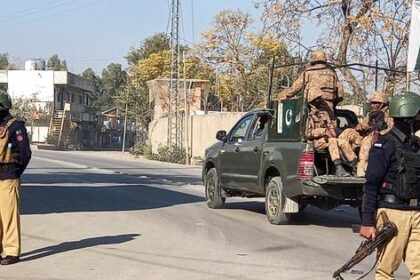Salman Khurshid critiques the current state of India’s foreign policy and calls for a more principled approach.
Most Indian prime ministers, starting with Jawaharlal Nehru, have historically taken a keen interest in foreign affairs, resulting in the Prime Minister’s Office (PMO) becoming a pivotal hub for foreign policy. An Indian Foreign Service (IFS) joint secretary is consistently stationed in the PMO, along with senior retired officials available for consultation. This PMO-driven approach necessitates an incremental strengthening of the IFS, which is vital for supporting the prime minister’s extensive global engagements.
However, this shift also implies that the Ministry of External Affairs (MEA) must allocate additional resources and personnel to bolster the PMO’s efforts. Consequently, the role of the External Affairs Minister (EAM), currently S. Jaishankar, may become diminished, as he is perceived more as a spokesperson promoting aggressive positions that can harm India’s international image. The evolution of the national security adviser (NSA) role, often filled by former IFS officials but sometimes by Intelligence Bureau personnel, introduces further complexity. While this development can enhance security policy, it risks overshadowing the foreign policy functions of the MEA.
Policy formulation within the MEA relies heavily on intelligence inputs from various agencies. However, following the lead of the NSA’s intelligence assessments can lead to a lack of comprehensive analysis. This situation calls for a better understanding of international relationships, akin to the methodologies employed by other nations, such as the United States. Additionally, integrating the perspectives of the chief of defence staff (CDS) may facilitate smoother cooperation among key stakeholders, but it also risks relegating the foreign secretary (FS) to a secondary role, which undermines the authority and experience necessary for effective diplomacy.
In the past, confidential briefings involving the PM, EAM, and FS were routine practices that kept political leadership informed on crucial foreign policy matters. This convention, upheld by leaders such as Atal Bihari Vajpayee and Manmohan Singh, has been largely abandoned under the current BJP government, which has stopped these closed-door discussions. The absence of such briefings, even in Parliament, raises concerns about national interest.
Foreign policy should be conducted with seriousness and not be personalized or overly politicized. The BJP government’s approach has been criticized for blending domestic political issues into foreign relations, compromising India’s neutrality and standing abroad. Instances where the prime minister campaigned in another nation’s electoral processes reflect a deviation from established foreign policy principles and likely contradict the guidance of India’s foreign policy establishment.
It is essential that foreign policy be shaped by the insights and advice of the IFS, ensuring it serves the national interest. This requires implementing checks on the PMO’s discretionary powers, which could be achieved by appointing a strong EAM with political clout and a solid grasp of foreign policy fundamentals. Furthermore, the IFS and FS must assert themselves on various issues to safeguard India’s global reputation.
Recent actions, such as restricting the functioning of international organizations and civil society within India, have negatively impacted diplomatic relations and tarnished the country’s image as a mature democracy. The BJP government’s heightened sensitivity to accountability has led to an environment where any dissenting voice is viewed as anti-national. Such a stance compromises India’s global standing, as world leaders are increasingly viewing the current leadership unfavorably, in stark contrast to the respect garnered by past leaders.
The ongoing undermining of the foreign policy establishment by the BJP has resulted in diplomatic missions being pressured to engage in the internal matters of other countries, a practice that was traditionally avoided. Furthermore, the government’s reliance on ideologically aligned think tanks and non-official stakeholders to conduct foreign policy initiatives creates a parallel diplomatic structure that could have long-term implications, particularly for future non-BJP administrations. This shift poses significant risks to India’s national interest.








